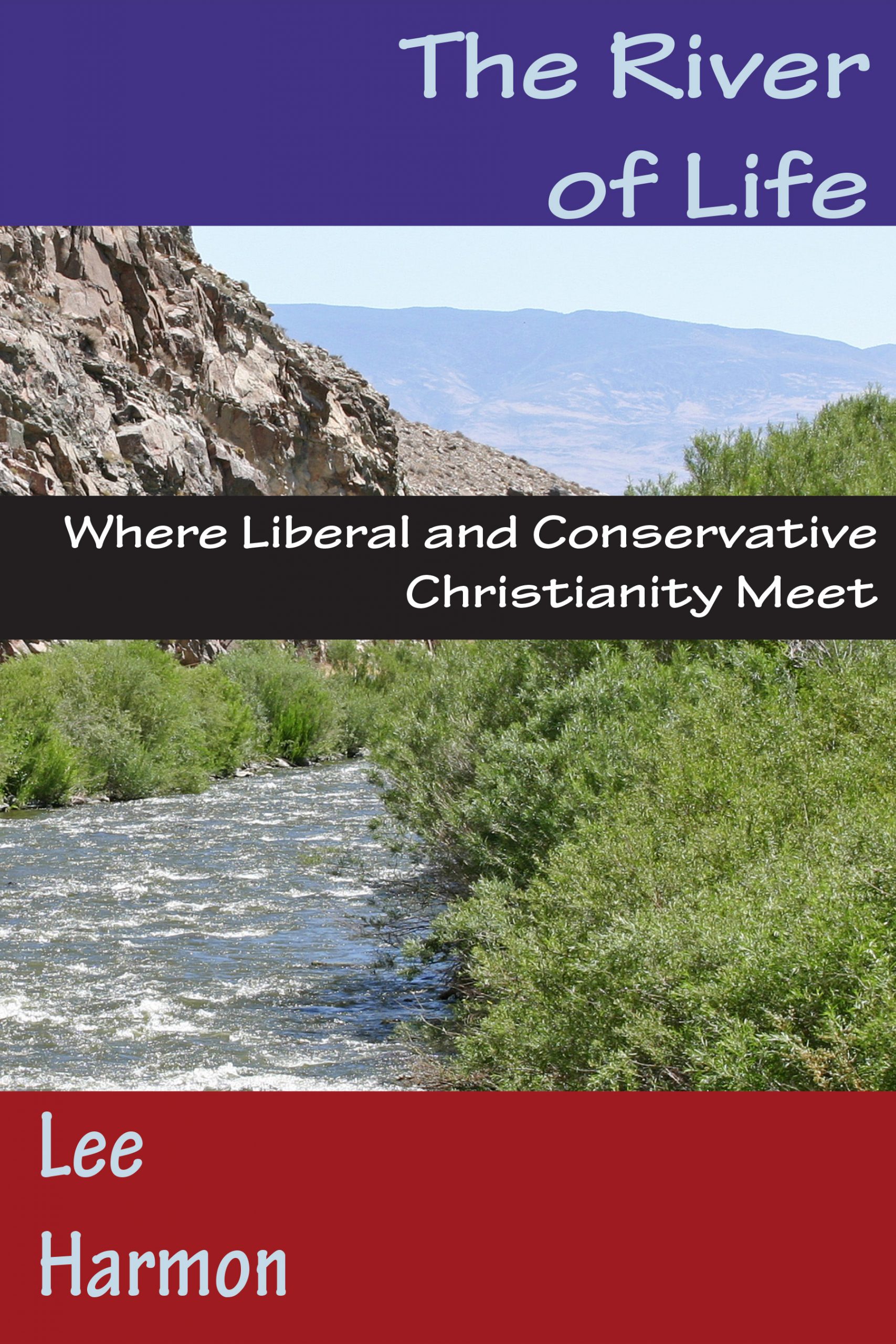Can Liberal and Conservative Christians Meet Anywhere?
One of my goals as a publisher is to see people from various streams of Christianity talk to one another and learn from one another. I used the labels “liberal,” “charismatic,” and “evangelical” in the home video I made early in the history of my publishing company, Energion Publications. I’m embedding it here for those who haven’t seen it.
That video should answer the most common question I’m asked: Why do you publish books you don’t agree with? It’s not a question that comes up with the big boys, companies like HarperCollins, Zondervan, and so forth. (Oops! Come to think of it, Zondervan is now part of HarperCollins!) With those big companies, one expects that the editorial policy will be cover a bit of ground.
But Energion Publications is owned by one person, and that person (yours truly) is also the chief editor. So what is my goal? Why wouldn’t I look for and try to publish the TRUTH?!
I suppose I could get into epistemology and tell you that while I believe in truth, I do not believe that we, as humans (finite), ever get to know that. Rather, we make our best, and I think often quite workable, attempt at the truth. But my real reason is that I believe we need dialogue. We need sharpening by others. We need that to go on continually, not just in some starting point.
Early in my time online I was in conversation with someone on the Compuserve Religion Forum. I’m pretty sure at the time I was still accessing this by dial-up, but my memory isn’t clear on the timing. Another Christian asked me if, when engaging in dialogue with non-Christians, I were to discover I was wrong, would I change my mind. Let’s ignore the fact that “discovering I was wrong” implies that I already changed my mind. My answer was, of course, “yes.”
“Then you aren’t a real Christian,” he told me. If I was a real Christian, he explained, I would be unable to contemplate the possibility of being wrong. Now I’m a quite convinced Christian. My experience of God suggests to me that while the details may vary, my ultimate faith in God is not in question. It’s not unstable. I’ve seen it challenged. I’ve lived through times that made me question, and that faith is still there. I’m not that strong of an individual. If my faith has held up this long, it becomes evidence to me that there’s something behind it.
But dialogue means listening, and if I listen, I must consider. If I hear something that is better than what I know already, I must accept that. To do anything else would be dishonest with myself and even with the God who is the Object of my faith. Or, well, beyond object, ultimate concern, and so forth.
So I’m an advocate of dialogue because I think it’s both a critical part of how we discover truth and also of how we keep on trying to discover truth. Sharing and listening are important.
So when I decide whether to publish a book, and later when I edit that book, my question is never whether I agree or disagree with the author, but rather it is how well the author has expressed his or her position and how well supported it is. I may disagree profoundly. But is this something that should be considered and discussed? I do place boundaries on what I publish, but that is because a small publisher has to have some definition of what is and is not within its publishing scope. I have rejected manuscripts that I have then, in turn, urged others to read when another publisher released them.
 Most of these books advocate one position or another. But my company has just released a new book that is advocating dialogue, precisely the kind of dialogue I established this company to promote. That book is titled: The River of Life: Where Liberal and Conservative Christianity Meet. I’m not trying to say that I like this book better than any other book I publish. To be fair to my authors I must be as strong an advocate for each of them as I can. But I’m highlighting this one on my blog because it speaks to the core of my goals.
Most of these books advocate one position or another. But my company has just released a new book that is advocating dialogue, precisely the kind of dialogue I established this company to promote. That book is titled: The River of Life: Where Liberal and Conservative Christianity Meet. I’m not trying to say that I like this book better than any other book I publish. To be fair to my authors I must be as strong an advocate for each of them as I can. But I’m highlighting this one on my blog because it speaks to the core of my goals.
Do I agree with every word in this book? I’d like to think nobody would ask me that. My normal answer is that I can’t even say that with confidence about the books I have written myself. In fact, Lee Harmon’s liberal Christianity is more liberal and less charismatic than mine. You can see my book Not Ashamed of the Gospel: Confessions of a Liberal Charismatic to catch the differences.
Here is a sample from the introduction:
I am also a liberal Christian, living in a conservative world. Most of my family and friends are conservative Christians. Conservatives consider apostolic tradition of utmost importance, meaning they seek to emulate the first-century church as best they know how. This is a noble goal, but it can lead to stringent intolerance for diluted beliefs. It’s the right way or the highway. Liberal Christians, on the other hand, find the creedal requirements which develop from such strictness stifling and contrary to observation and experience. We see God in many people and places, not just in Christian circles. This can lead liberals to a violent condemnation of narrow doctrine. Intolerance is intolerable.
And round and round we go. As a liberal Christian, I have both stooped to verbal aggression and felt the sting of attack. Both sides care so dang much that we can’t help squabbling, but this hardly puts a good face on Christianity. If the two sides could merely take one step backward, digging back to the Jesus we both adore, perhaps there could be a unity of purpose. Even though there can never be agreement about religious belief, the Kingdom could nevertheless advance. That is my hope in writing this book. (pp. 1-2)
I know, of course, that not everyone will agree with Lee on what the key points are. Not even all liberals are likely to agree on that. But that’s a good opening point for discussion. In that discussion we can all hope that we’ll hear our Master’s voice and learn to love a little bit more and show a grace that’s just a bit wider and deeper.

